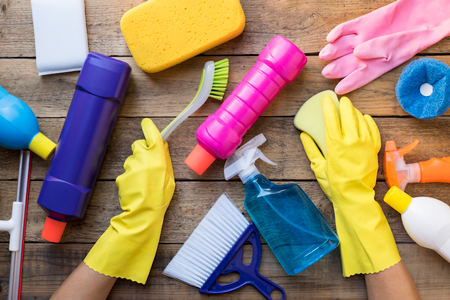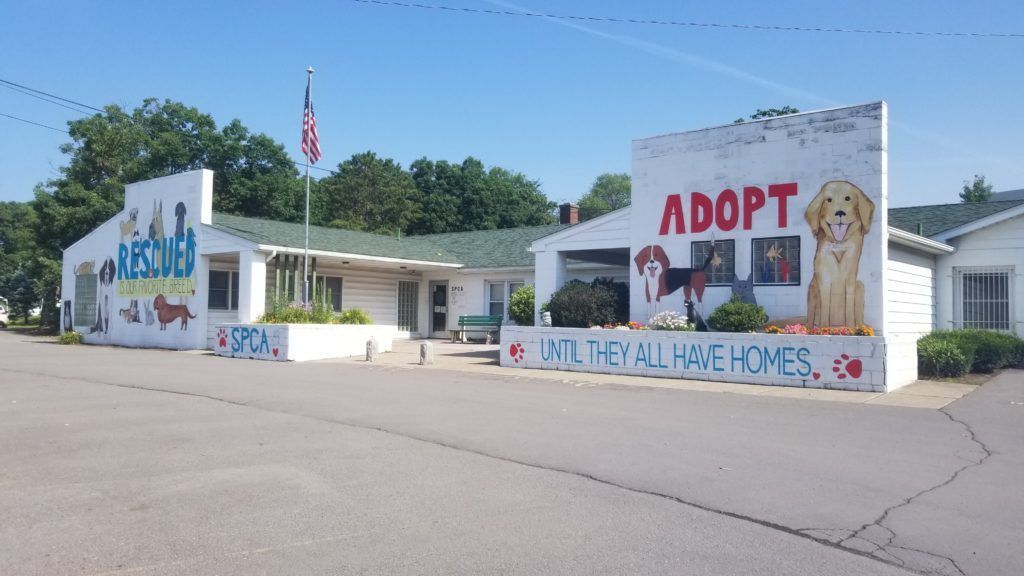Poison Alert

Poison Alert!
Many common household substances can be toxic to your cat — even some you’d never suspect. Here’s how to protect your cat from common household dangers!
Cats are exquisitely sensitive creatures, and their systems are very different from ours. Many substances that have no ill effects on either humans or dogs are highly poisonous to cats. Never assume that , because it’s okay for you or Fido, it will also be safe for Fluffy, and never leave these items anywhere your curious feline might get into them
The following common medications are potentially deadly to your cat:
- Acetaminophen (Tylenol®)
- ADHD medications (like Adderall®)
- Antidepressants
- Aspirin
- Cold Medicines
- Diet Pills
- Ibuprofen (Advil® or Motrin®)
- Kaopectate®
- Pepto Bismol®
- Vitamins
Never give your cat any medication intended for humans unless directed to do so by your veterinarian! And never give a cat any pet medication or flea treatment unless the label specifically states that is intended for use on cats.
Other common causes of poisoning are:
- Anti-freeze
- Cleaning products
- Fabric softener sheets
- Fertilizers
- Flea or tick products for dogs
- Pesticides (bug sprays, etc.)
- Herbicides (weed killers)
- Ice-melting products
- Liquid potpourri
- Medications prescribed for dogs
- Mothballs
- Pennies, if swallowed
- Rat and mouse poisons
- Tobacco
- Certain foods are also toxic to your cat:
- Alcoholic drinks of any kind
- Avocados
- Caffeine-containing beverages (coffee, energy drinks, colas)
- Chocolate
- Garlic
- Grapes
- Macadamia nuts
- Onions
- Raisins
- Tomatoes
- Xylitol (found in sugarless foods & gums)
- Yeast dough
- Household plants can be toxic, too. Here are just a few:
- Lilies (all varieties)
- Azaleas
- Holly
- Mistletoe
- Philodendron
For more information on which plants are poisonous, see VCR’s “Toxic Plants” or visit the Cornell Poisonous Plants List at http://www.ansci.cornell.edu/plants/index.html. Remember, never give your cat any medication intended for humans unless directed to do so by your veterinarian! And never give a cat any pet medication or flea treatment unless the label specifically states that is intended for use on cats!
Treating for Contact with Toxins or Poisons
If you think your cat may have been poisoned, contact your veterinarian immediately. Minutes can mean the difference between life and death. Then try to identify the poison. Most products containing chemicals are labeled for identification. Read the label. If this does not give you a clue to the item’s possible toxicity, call the emergency room of your local hospital and ask for information from the Poison Control Center.
Alternatively, call the ASPCA Poison Control Hotline at 1-888-426-4435 or visit their website at www.aspca.org/. This hotline is open 24 hours a day, seven days a week.















